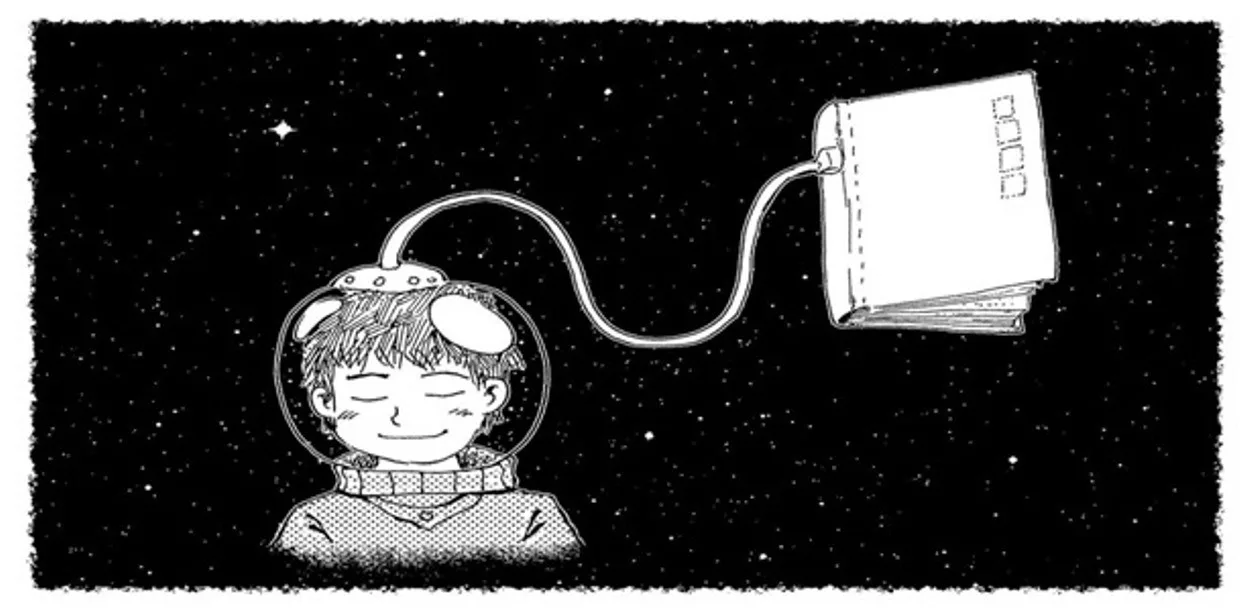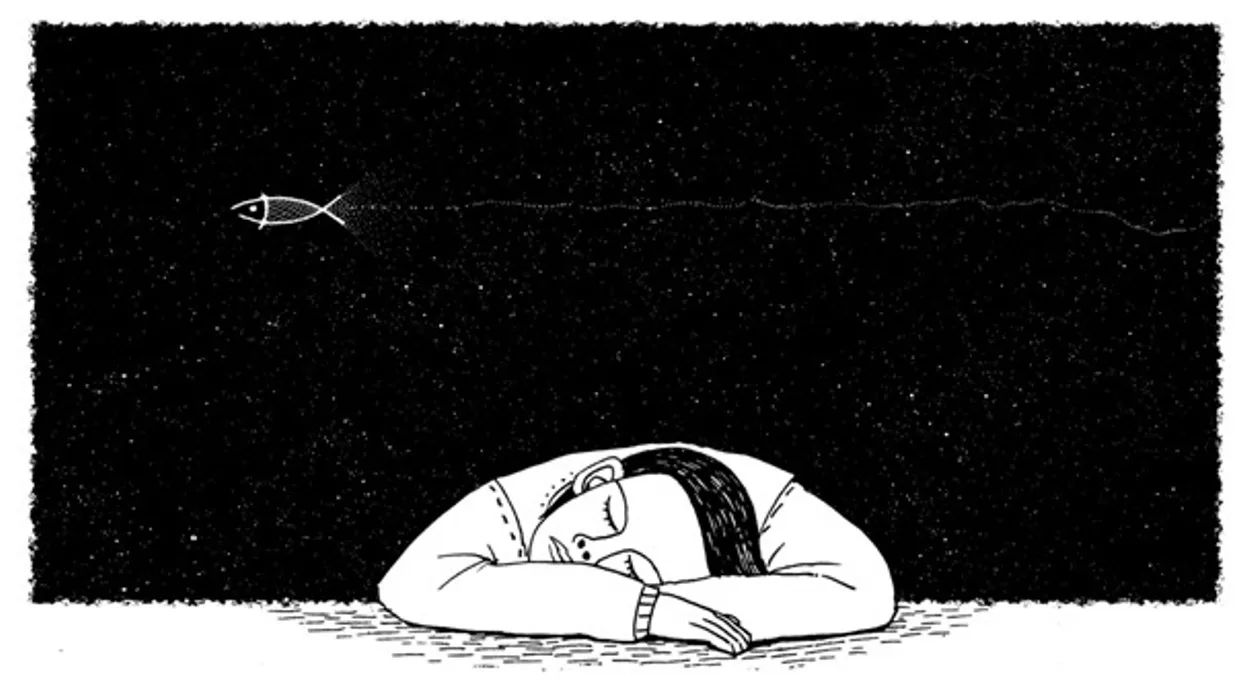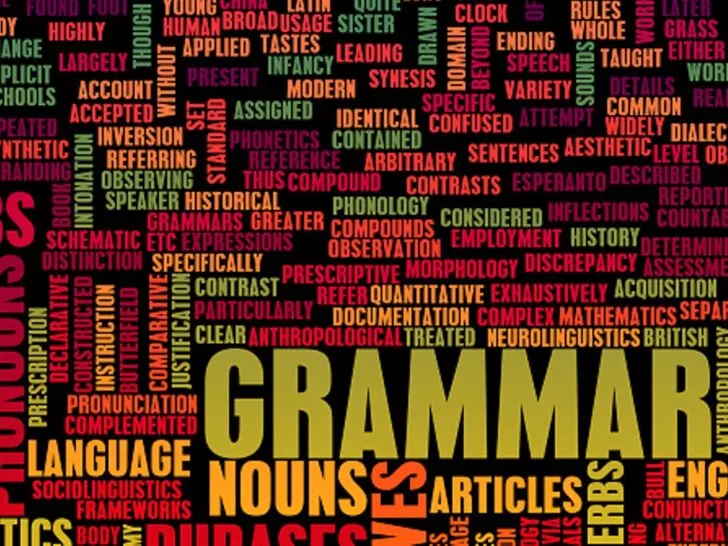You must have heard these two terms, but you may not know the exact meaning and the difference between them. Let me tell you the correct difference and context in this article.
They both are related to grammar context and refer to past tense. People often don’t know their difference and pronounce them incorrectly. We all dream—both literally and figuratively.
So which word should we prefer or use when we refer to dreaming that happened or started in the past?
Both the past tense words dreamt and dreamed refer to dreams. While “dreamed” is more prevalent in other English-speaking nations like the United States, “dreamt” is more common in Britain.
When discussing dreams while sleeping, “dreamed” appears to be more common than “dreamt”, however, “dreamt” may be used if the dream has a positive, literary meaning.
Meaning of “Dreamed”

In American English, “dreamed” is pronounced as “dreemd,” which is the past tense of the verb dream. You commonly dream at night while sleeping, but you can also dream during the day like a daydream.
Whatever the thing, when creating dream past tense, American English proceeds with the normal form by putting in the -ed at the rear to develop “dreamed”. See how the term “dreamed” is utilized in rare different sentence examples.
Let’s Go Through Some Examples
‘Dreamed” can be a pleasant word used in everyday sentences as follows:
- I dreamed of a new sports car yesterday.
- You won’t imagine what I dreamed about!
- She dreamed of walking on a snowy lake.
- In his sleep, he dreamed of becoming a hero and fighting villains.
Meaning of “Dreamt”
Like “dreamed”, “dreamt”, pronounced as “dremt,” which is manipulated in British English as the past tense form of dream; nevertheless, it can furthermore be employed to indicate optimistic goals or initiatives in a scholarly sense.
Accordingly, it reveals the past tense of the circumstances that occur at night when you go to dreamland and encourages dreams someone might have.
Let’s go Through Some Examples
- I dreamt of becoming a lawyer when I was a child.
- He dreamt of his dead father last night.
- The young boy dreamt of becoming superman.
- I frequently dreamt about what it would be like to glide.
- When she dreamt last night, she went to a unicorn world.

Main Difference Between “Dreamed” and “Dreamt”
The very first thing to understand is that both “dreamed” and ‘dreamt” are valid as a past tense form of the word dream.
So why are there two types? “Dreamed” is the normal verb, which means that it ends with the traditional -ed to bring that something occurred in the past.
On the other hand, “dreamt”, is an irregular verb, which means that it has an uncommon spelling and ending. However, it is a real word that is utterly adequate to use.
Is it Incorrect to Employ Dreamt Rather Than Dreamed?
While “dreamed” is the presiding spelling for British and American English, you’re welcome to use “dreamt” for your desire. The only potential issue is that “dreamt” is slightly more familiar than “dreamed,” so your audience might assume it’s a spelling error.
Since 1500, American and British English have typically favored “dreamed” over “dreamt,” according to Google Books Ngram Viewer. Sure, “dreamt” had a juncture in English literature between 1635–1816, but its rage has not surpassed the same status as “dreamed” since then.
Which Should be Used in Writings: “Dreamed” or “Dreamt”?
Because either is correct, there are no explicit rules about utilizing one term relatively of the other. It’s merely a case of technique and intention.
For some authors, dreamt may have a specific instinct to it as other irregular verbs also might. To those authors, dreamt may hold an ingenious inflection or attitude in glance and sound that wouldn’t otherwise be there if dreamed was utilized instead.
Compare the Following Sentences
- I have always dreamed of visiting mountainous places with strange foods.
- I have always dreamt of visiting mountainous places with strange foods.
Which one sounds better to you? Intentions will vary.
Many authors and editors might consent that “dreamed” is a more practical word than “dreamt.” In other words, you might utilize “dreamed” when you are trying to detail something with transparency or even to express more modern.
In contrast, “dreamt” might put in a flicker of articulateness to make an opinion feel more profound. These are simply eloquent procedures for you to contemplate, so it’s worth recapitulating that there isn’t any “correct” answer in deciding which word to prefer.
Perhaps the best strategy is to evade being redundant with either. Use whichever word seems acceptable in a particular sentence, and look for paths you might rotate the two within a longer work if the circumstances favor such pliability.
Americans Demand “Dreamed”
In America, “dreamed” dominates. The use of “dreamt” as the past tense or past participle is contemplated as a spelling mistake by the majority of people.
British Also Prefer “Dreamed”
Besides America, “dreamed” is more familiar, but “dreamt” is generally acknowledged. In British English, “dreamed” is twofold as familiar as “dreamt.”
Which is Correct: “Dreamt of” or “Dreamt About”?
Both “dreamt of” and “dreamt about” are right. The verb “dream” can be transitive, which means that it can be pursued by either a direct object (in this issue “of”) or by a prepositional phrase (in this issue “about”).
The difference between these two phrases is fine yet substantial, depending on the circumstances. “Dreamt of” signifies that the dream was striking, concrete, and immediate, whereas “dreamt about” suggests the dream was more indistinct, or that it had numerous elements to it.
Also, “dreamt of” implies the dream had a direct link to the subject or object, and “dreamt about”, on the other hand, demonstrates the dream was more widespread, yet still connected to the subject or object.
Accordingly, to discern which phrase should be employed, one has to evaluate the circumstances and the desired implication of the phrase.

What Preposition is Used with “Dream”?
The preposition most commonly utilized with the word dream is ‘of’. This is utilized when talking about dreaming or having a dream of something. For instance, “I recently had a “dream of” being a prosperous medic.”
Other prepositions that are occasionally used when directing to dreams comprise ‘about’ or ‘regarding’. For example, “I had a dream regarding beautiful flowers and greenery”.
Do You Have “Dreamt” or “Dreamed”?
The answer relies on which tense you are scripting in.
If you are writing in the past tense, you will use “dreamt”. If you are putting it down in the present tense, you will use “dream”. Normally, “dreamt” is the past participle of the verb “to dream”, while “dream” is the present tense.
Some people will use “dreamt” indistinguishable in all tenses, although this is not practically correct. When in suspicion, it’s best to use the accepted verb form for whatever tense you are jotting in.
What Do You Mean By “Dreamt off”?
“Dreamt off” is a manifestation that directs to something that has been wished or visualized but remains discontented. It can direct to a purpose or desire that one has but hasn’t been able to accomplish, or it can refer to someone’s longings, wishes, and dreams.
The phrase implies a dim hope of something that may never come true and often obtains a sense of craving, sentimentality, and mourning. “Dreamt off” is often utilized when examining life’s opportunities, options, and missed chances.
Hence, it can operate as a call to the effort of those who discover themselves welcoming the dream rather than endeavoring to realize it.
The Three Forms of Verbs of “Dream”
“Dream” (present), “dreamed” (past), and “dreamt” (past participle) are the three forms of the verb dream.
“Dream” is employed for present and future situations, while “dreamt” and “dreamed” are used for past conditions.
For example, if you are conversing about something that presently occurring or may transpire, you would use dream: “I dream of having my airplane.”
If you are talking about something that already occurred, you would use either dreamt or dreamed: “I dreamed of having my airplane.”
Difference Between “Dreamed” and “Dreamt”
| Distinguishing Features | Dreamed | Dreamt |
| Definition | In American English, dreamed, is pronounced as “dreemd,” which is the past tense of the verb dream. | Like dreamed, dreamt, pronounced as “dremt,” is manipulated in British English as the past tense form of dream; nevertheless, it can be employed to indicate optimistic dreams or initiatives in a scholarly sense. |
| In Common | Dreamed is a little more common in American English. | Dreamt is very important in British English. |
| Examples | Some examples are: · I dreamed of a new sports car yesterday. · He dreamed of his young son’s death yesterday. | Some examples are: · I dreamt of becoming a lawyer yesterday. · The boy dreamt of becoming a spiderman. |
Is “Dreamt of” Grammatically Correct?
Dreamed and dreamt are both acceptable. Dreamed seeks the way of traditional verbs, ending with “-ed” while dreamt is irregular.
Both dreamt and dreamed are still used; however, the irregular form of a phrase is often the one superseded by the normalized form, such as “dreamt of.”
What is the Meaning of “Dreamt”?
To “dreamed” about somebody or something, especially doing something as one’s vision or initiative. I’ve dreamed of being an air hostess since I was eight years old. I have dreamed of this instant. I can’t assume it’s occurring.
What is Another Word for “Dreamt”?
Lusted, hoped for, thirst for, etc. are the synonyms for the word “dreamt.”
Conclusion
- In a nutshell, dreamed and dreamt are two structures of a similar word, which is the past tense and past participle of the verb dream.
- They are synonymous. Both are valid, but “dreamed” is more common in English-speaking areas, and is hence a reasonable option for skilled or academic writing.
- Since “dreamed” rhymes with value, it should be manageable to memorize that “dreamed” is better in these value types of writing.
- Both “dreamed” and “dreamt” are adequate and valid.
- Dreamed is contemplated slightly more advanced. Dreamed is utilized four times more repeatedly than dreamt.

